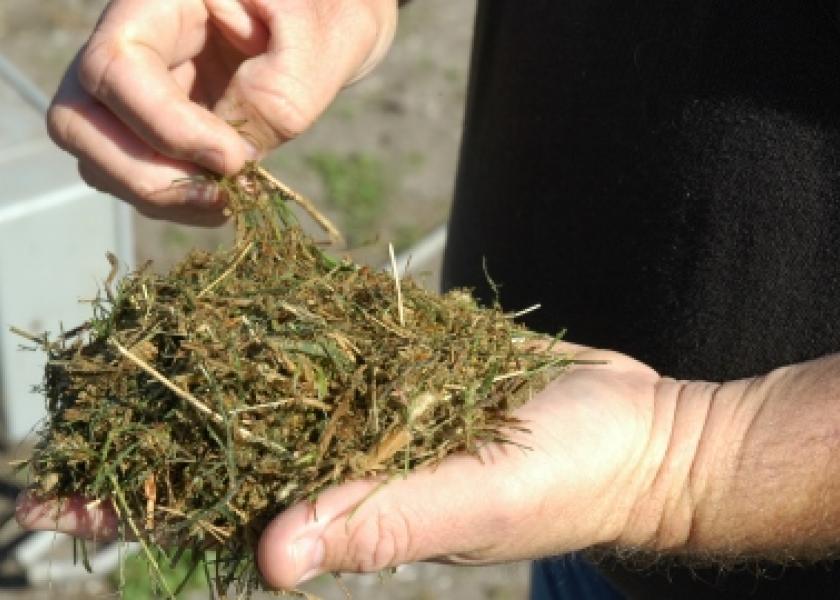Forage Seed Supplies Tight, Buy Early

By Phil Kaatz, Michigan State University Extension
Summer annual forage seeds may not be available if producers wait too long to order their seed.
The difficult forage growing season from 2012 has continued into the new growing season as producers scramble to find adequate forage supplies for their livestock. Michigan State University Extension educators have been scouting alfalfa fields in both the Lower and Upper Peninsula for winterkill and reports are that most fields are doing pretty well compared to areas in Wisconsin, Minnesota and Ontario that are reporting approximately 50 percent winterkill. Many graziers in Michigan were hoping for a normal growing season to take the pressure off winter forage supplies. Unfortunately, the weather in Michigan has been cooler and wetter than normal, adding to the stress of last year and delaying the vigorous growth phase for most pastures by several weeks.
Local forage supplies are lower than normal and are being squeezed by very low supplies of forages nationwide that will probably heighten both demand and prices in the coming weeks and months. To help supplement the lack of forage inventories, MSU Extension is recommending producers consider the use of annual forages to be planted in the coming weeks. Desirable characteristics, such as rapid growth, excellent drought resistance and good response to fertilizer and water, make summer annual grasses an attractive choice to use in an overall management scheme for forage production.
Summer annual grasses are used for pasture, green chop, hay and silage. Many times these annual grasses are used as emergency forage. The most common annual grasses used in Michigan are sudangrass, hybrid sudangrass, sorghum-sudangrass hybrids and forage sorghum available as normal or brown midrib varieties. Other summer annual forage grasses include teff grass, pearl millet, Siberian foxtail millet, German foxtail millet and Japanese foxtail millet.
Several seed companies were contacted in regards to availability of annual forage seed. They indicated that seed inventories of some forage seeds are either unavailable or may be sold out within the next 30 days due to unusually high demand or low supplies. Producers are encouraged to not wait to order their annual forage seed and should check with their local supplier for availability and variety characteristics.
For More Information
Read more hay and forage news.







